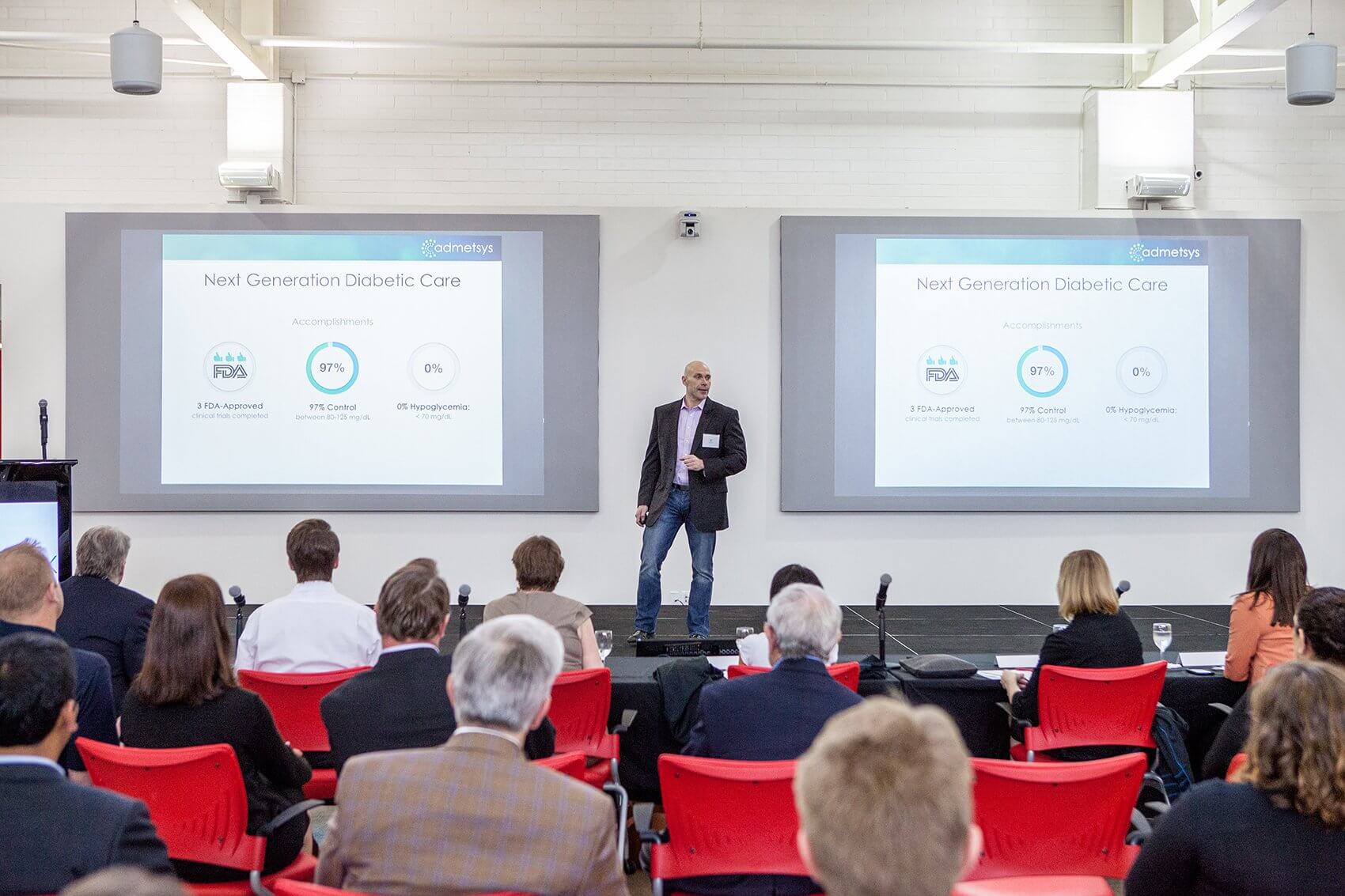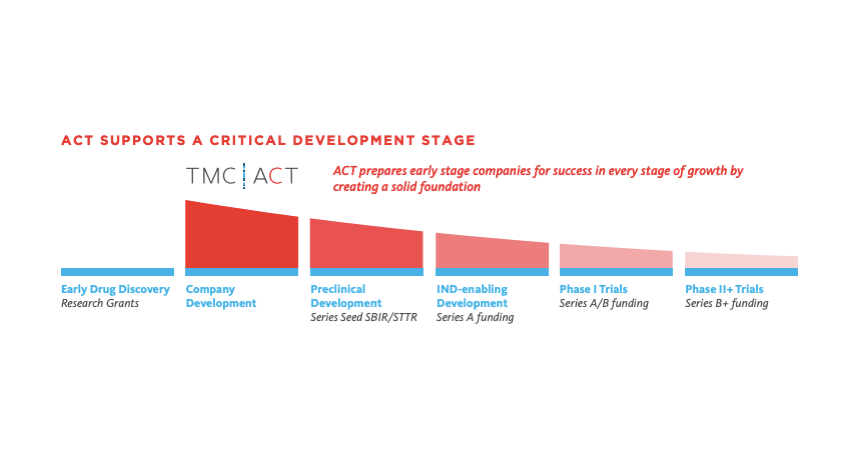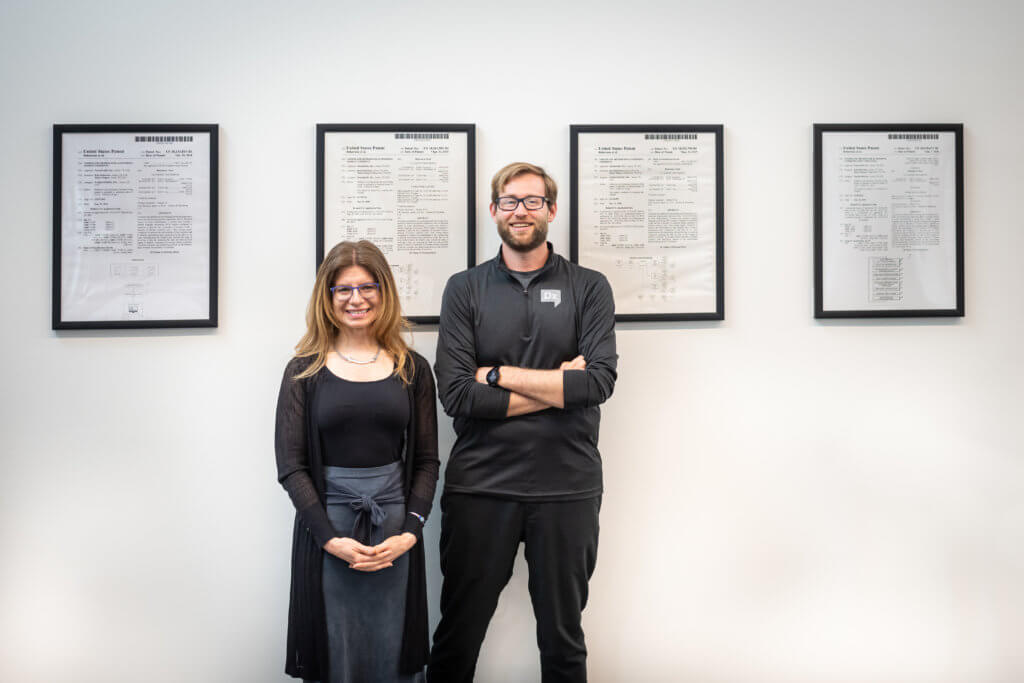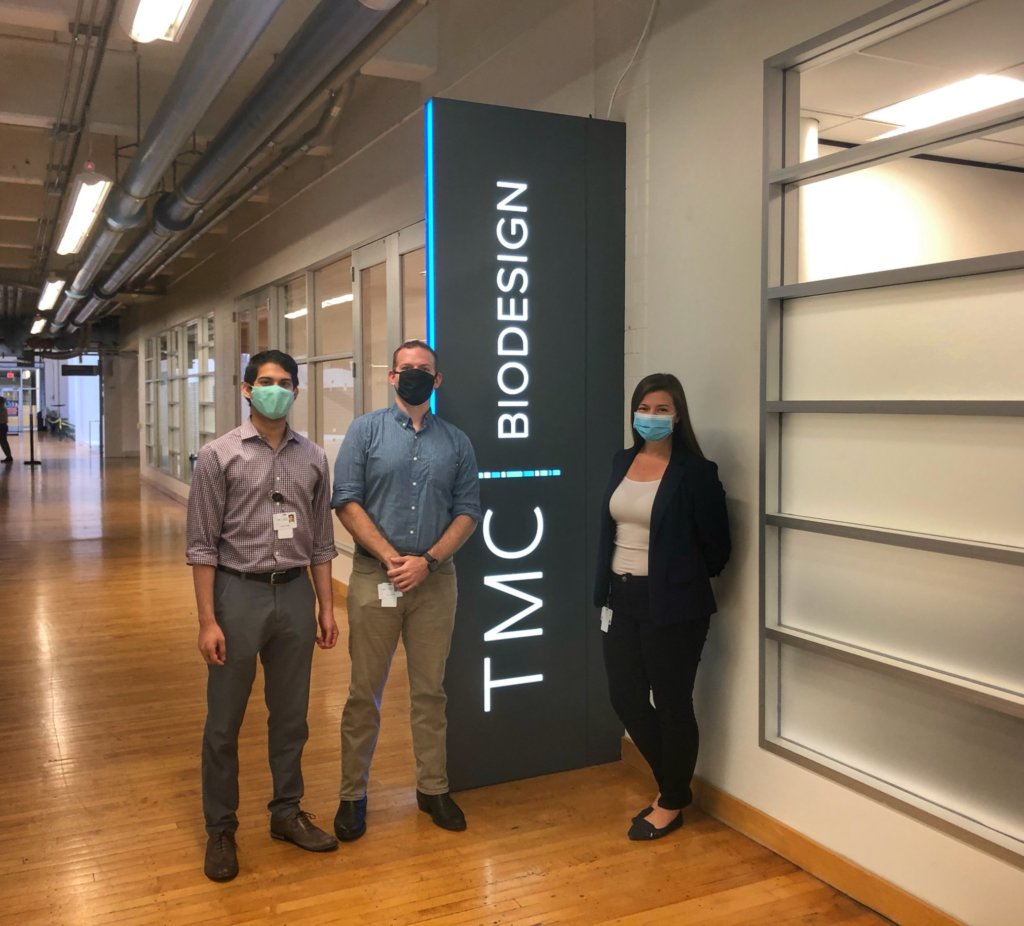TMCx Company Profile: Admetsys

Diabetes, a chronic condition characterized by abnormally high levels of glucose in the blood, is the fastest-growing cause of inpatient and surgical care costs in the world. Despite worldwide spending that exceeds $400 billion annually and the sobering fact that over 40 percent of patients admitted to hospitals are at diabetic risk, techniques for regulating glucose levels in hospital patients have remained stagnant for decades.
For those at diabetic risk—which, untreated, can lead to heart attacks, strokes and even kidney failure—glucose control is at its most crucial while in the hospital or during surgery. Correcting abnormal glucose levels and keeping them consistent accelerates recovery, prevents infection and reduces complications. But what alternatives exist in a landscape populated by difficult, labor-intensive, and imprecise techniques?
“The idea for our technology was the result of a direct challenge by a critical care nurse to improve diabetic care in the hospital,” said Glenn Robertelli, chief operating officer of Admetsys. “She asked, ‘If you doctors are so smart and there is all this technology out there, then why can’t you figure out a way to automate diabetic care?’ Out of that interaction, Admetsys was born.”
Synthesizing science fiction and current medical practices, Admetsys developed a first-of-its-kind artificial pancreas for hospital and surgical care. Leveraging adaptive learning algorithms that evoke Star Trek supercomputers, the system provides a counterbalancing treatment of insulin and glucose for patients in need.
“The ‘smart’ pancreas that we developed is basically autopilot or cruise control for diabetes management in the hospital,” noted Robertelli. “Closed-loop systems are used everywhere in day-to-day life and we are introducing this type of technology into the hospital space to improve health care and lower costs at the same time.”
The “Admetsys Smart Pancreas” attaches to a patient’s existing intravenous line, where it automatically measures blood glucose concentration in real time and with no blood loss. From that data, it creates an adaptive, computational model of each patient’s metabolism before infusing a precisely optimized counterbalancing treatment—either insulin to reduce high glycemic levels or glucose to raise and support falling levels.
“The biggest challenge that we’ve had is designing the artificial pancreas to completely avoid hypoglycemia and hypoglycemic events,” said Robertelli, referring to the condition characterized by abnormally low blood glucose levels that can prompt unconsciousness and seizures. “Hospitals fear hypoglycemia and so do we. As a result, we have spent countless thousands of hours validating the technique—our adaptive treatment algorithm is designed to support falling glucose, which mitigates the risk of hypoglycemia.”
A self-described critical care company—one that focuses on patient precision and safety—Admetsys is barreling towards its future with conviction. Having undergone three FDA-approved clinical trials, all with zero reported incidents of low blood sugar, the company is currently striving to improve its sensor platform, allowing for real-time visibility into a patient’s condition.
“The biggest point of success still lies ahead,” said Robertelli. “Our team won’t be finished until the first patient outside of clinical trials is using the FDA-cleared device to properly manage their glucose. When that happens, we can consider the development a success and then we’ll shift our focus on commercialization. It’s all about getting the device into as many hospitals as possible in order to help patients.”




